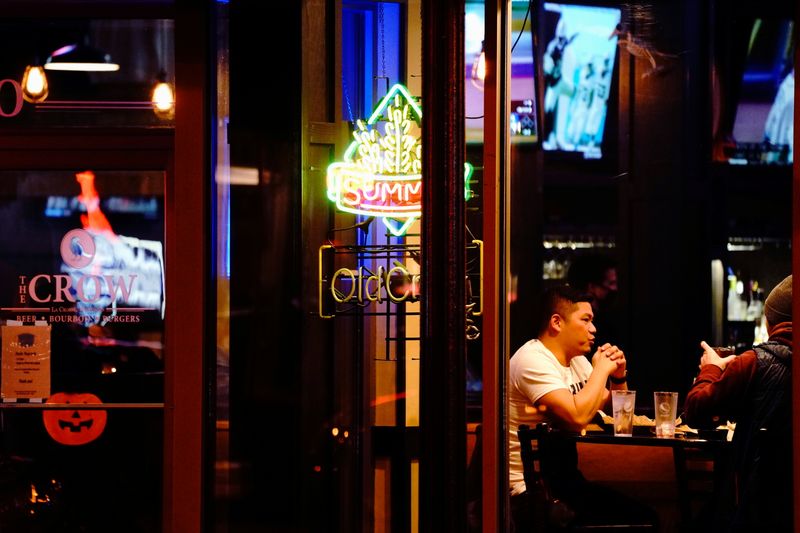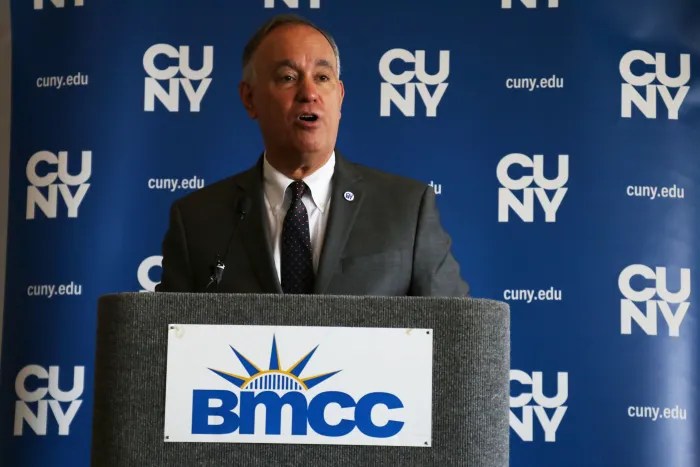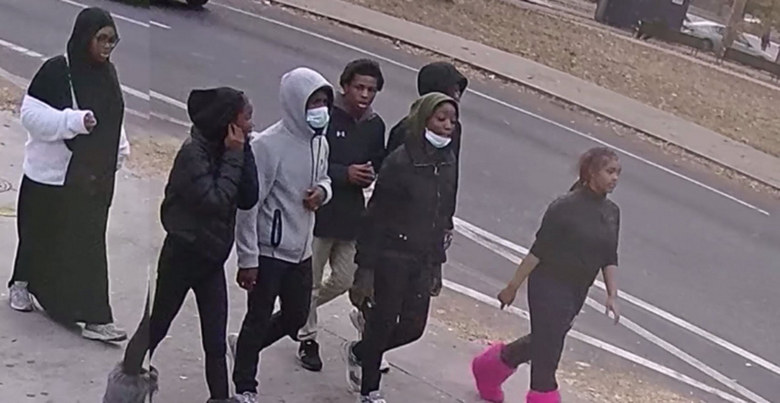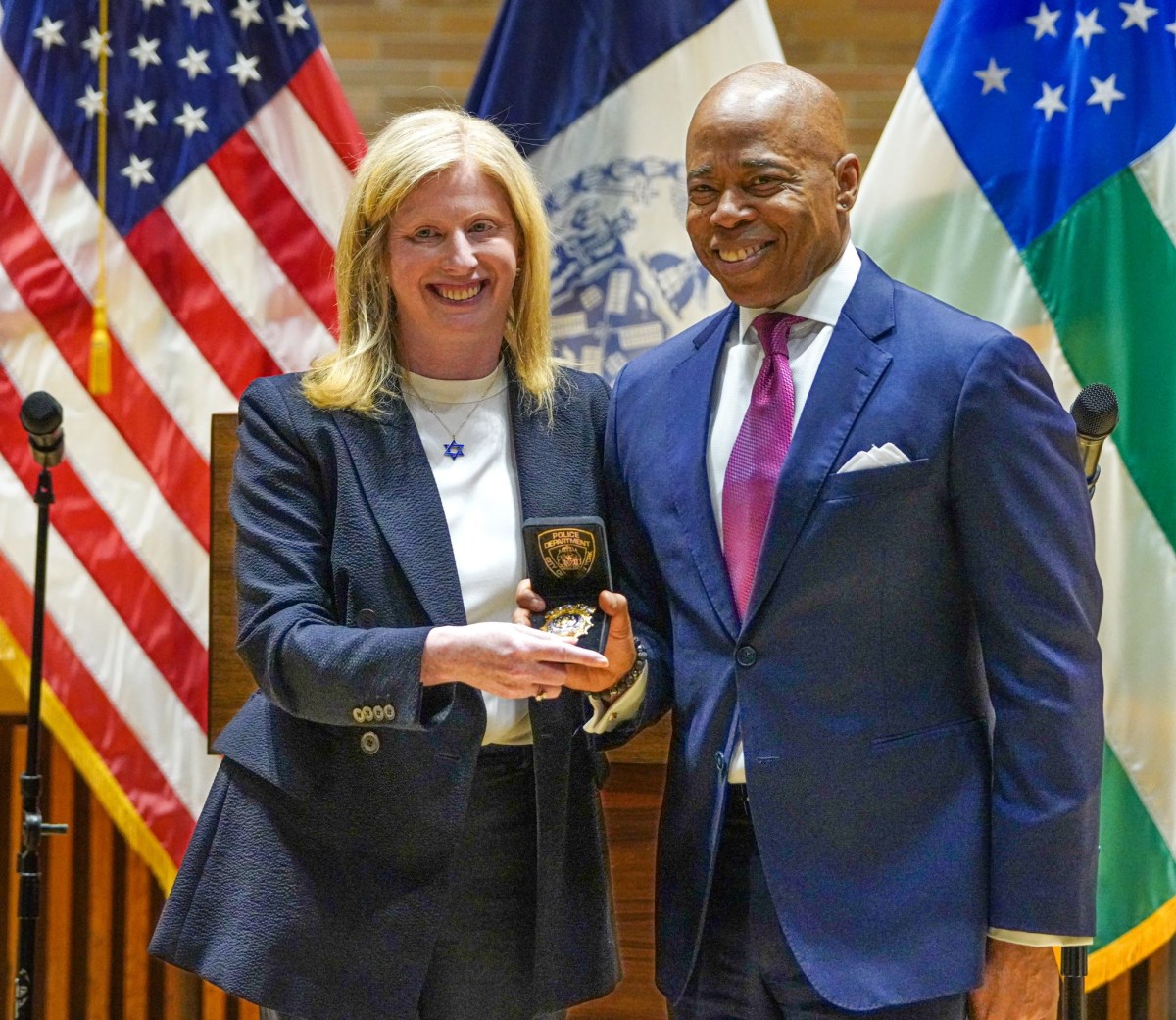(Reuters) – Here’s what you need to know about the coronavirus right now:
Task force sees ‘unrelenting’ spread
The White House coronavirus task force warned that much of the country is in the grips of an “unrelenting” surge in cases and urged tough countermeasures, as the number of U.S. infections reported on Thursday hit a new daily record of more than 91,000.
The hardest-hit regions in the West and Midwest encompass a number of battleground states expected to play a pivotal role in Tuesday’s U.S. presidential election.
“We are on a very difficult trajectory. We’re going in the wrong direction,” said Dr. Anthony Fauci, a leading task force member and director of the National Institute of Allergy and Infectious Diseases.
EU to fund transfer of patients across borders
The European Union will finance the transfer of patients across borders within the bloc to prevent hospitals from getting overwhelmed as infections and hospitalizations spike in the continent.
After a video conference of EU leaders to discuss the health crisis on Thursday, the head of the EU Commission Ursula von der Leyen said the EU executive had made available 220 million euros ($260 million) to move patients.
“The spread of the virus will overwhelm our healthcare systems if we do not act urgently,” she said.
Moscow authorities promise mass vaccination
Moscow residents who want to be vaccinated against COVID-19 may be able to do so as early as next month if large volumes of doses are supplied by then, city authorities said on Friday as Russia’s daily tally of cases rose past 18,000 to a record high.
Deputy Mayor Anastasia Rakova said the capital was creating a large network of specialised vaccination rooms with 2,500 high risk people – primarily doctors and teachers – having already been vaccinated, Russian news agencies reported.
Around 9,000 Moscow residents have received both shots of the Sputnik V vaccine as part of an ongoing large-scale trial. The vaccine is taken in two doses, with a 21-day gap.
Canary Islands impose negative test rule for tourists
Spain’s Canary Islands have passed a law obliging tourists visiting the archipelago’s hotels to present a negative COVID-19 test result as part of efforts to prevent imported infections.
Located around 60 miles off Morocco’s Atlantic coast, the chain of seven islands is popular among sun-seeking northern Europeans, especially during the winter, when half its tourism revenues are generated.
Under the new decree, hotels will require guests over the age of 12 to provide a negative test result taken within the 72 hours prior to arrival.
‘Don’t end up a real ghost’
South Korean officials are stepping up efforts to ensure locals stick to social distancing guidelines during Halloween, warning this year’s party “could really turn scary” as it tries to avoid another resurgence in coronavirus infections.
Officials are patrolling nightclubs in the capital Seoul to make sure they adhere to social distancing rules and are advising people to host Halloween parties online, Park Yoo-mi, a general director of the city government told a briefing on Friday.
“Don’t end up a real ghost while enjoying Halloween,” reads the caption on one poster in Seoul.
(Compiled by Linda Noakes; Editing by Kim Coghill)





















